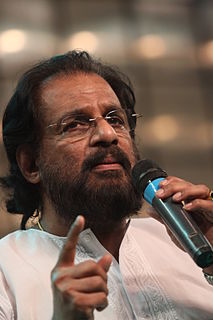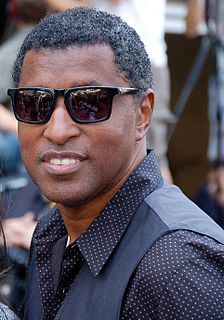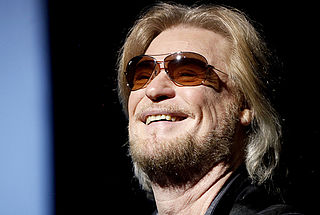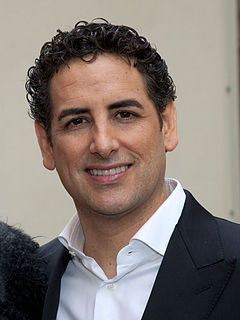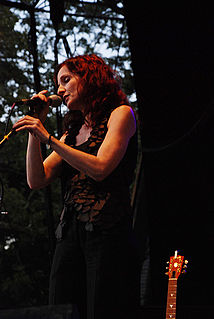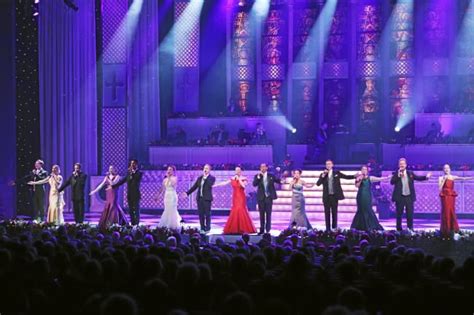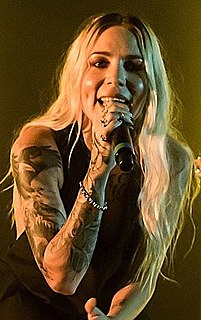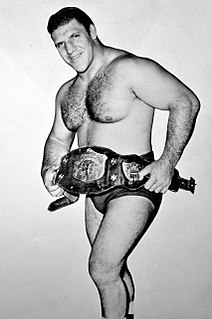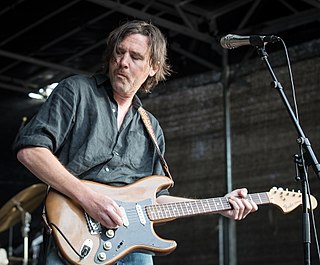A Quote by K. J. Yesudas
It's my duty to upkeep and safeguard my voice, my ability to sing.
Related Quotes
Someone once asked me why people sing. I answered that they sing for many of the same reasons the birds sing. They sing for a mate, to claim their territory, or simply to give voice to the delight of being alive in the midst of a beautiful day. Perhaps more than the birds do, humans hold a grudge. They sing to complain of how grievously they have been wronged, and how to avoid it in the future. They sing to help themselves execute a job of work. They sing so the subsequent generations won’t forget what the current generation endured, or dreamed, or delighted in.
